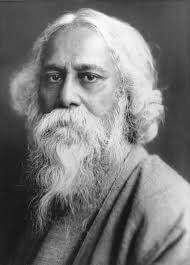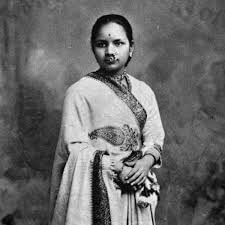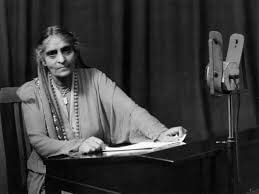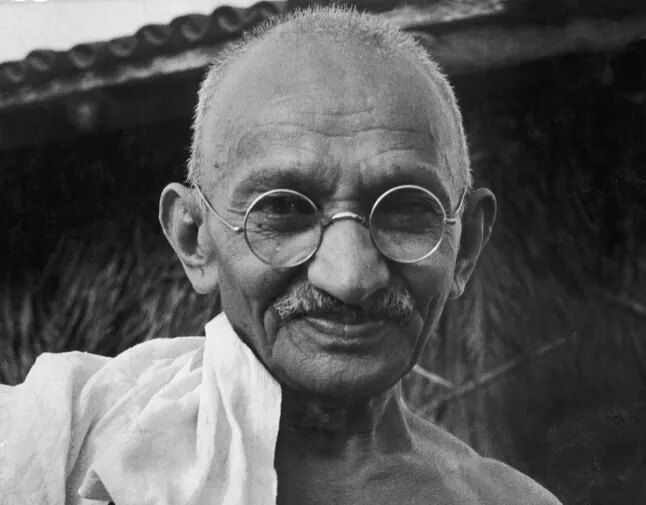Roots to Routes: Celebrating South Asian Heritage Month
Hodge Jones & Allen Solicitors is once again proud to celebrate South Asian Heritage Month (SAHM) this year. SAHM runs from 18th July to 17th August each year.
SAHM seeks to commemorate, mark and celebrate South Asian cultures, histories, and communities. It seeks to understand the diverse heritage and cultures that continue to link the UK with South Asia.
The theme for this year is ‘Roots to Routes’ which seeks to honour our journeys throughout life. What this means is that each of us carries a unique story shaped by our roots and the routes travelled to get to where we are.
This year, the invitation is to reflect on that journey, whether from ancestral origins to the paths taken, or something much more recent, and how these experiences shape the reader’s identity today. Part of that process, and that reflection, led us at Hodge Jones & Allen Solicitors to choose four individuals of South Asian heritage and background who encapsulate exactly what that journey means.
Celebrate Through Connection
Whether we share this journey through storytelling, culinary traditions, dance, art, music, or literature, our experiences connect deeply with others, building bridges between past, present, and future generations.
The ‘Roots to Routes’ theme encourages us to reflect on the journey through six separate strands.
Migration & Movement
This relates to family’s journeys from South Asia to the UK and asks us to reflect on the reasons, challenges, and triumphs that marked their paths.
Heritage & Tradition
This encourages us to explore the traditions, languages, customs, and rituals that have travelled through generations, grounding identity and shaping family and community.
Identity & Belonging
This strand is designed to lead to discussions on how your roots and routes influence your sense of belonging and identity. For example, what does it mean to carry multiple cultural identities, and how do they enrich your life?
Legacy & Future Generations
This asks that we reflect on how our personal or family history impacts uture generations. Importantly this asks how does one pass on cultural values, lessons, and traditions?
Connection & Community
This encourages us to celebrate the ways South Asian communities in the UK build connections through shared heritage, creating vibrant, supportive, and resilient spaces.
Routes of Influence: This seeks to highlight influential figures from South Asian communities whose journeys have significantly impacted society, culture, politics, arts, and sciences.
The four individuals we wish to celebrate this year to mark ‘Routes of Influence’ are:
- Rabindranath Tagore (1861-1941): Nobel Laureate, Writer, Musician and Activist
- Anandi Gopal Joshi (1865-1887): The first female physician and paved the way for Indian women to pursue medicine
- Cornelia Sorabji (1866 – 1954): Reformer, Lawyer and Champion of Women’s Rights in India
- Mahatma Gandhi (1869-1948): Lawyer, Political and National Leader, Social Activist, Writer
Rabindranath Tagore (1861-1941)
 Rabindranath Tagore is one of the most influential figures in Indian literature and culture. A poet, essayist and campaigner, he advocated for multi-culturalism and became the first non-European to win the Nobel Prize for Literature. He is now best remembered for his poetry and advocacy for multi-culturalism.
Rabindranath Tagore is one of the most influential figures in Indian literature and culture. A poet, essayist and campaigner, he advocated for multi-culturalism and became the first non-European to win the Nobel Prize for Literature. He is now best remembered for his poetry and advocacy for multi-culturalism.
After winning the Nobel, Tagore later toured extensively, travelling as far afield as Japan, America and Iraq. At these talks he spoke against war and nationalism, promoted pan-Asianism, raised awareness of India’s spiritual heritage and laid out his aesthetic and educational philosophy.
Anandi Gopal Joshi (1865-1887)
 Anandibai Gopalrao Joshi (1865-1887) was one of the first Indian women to obtain a degree in Western medicine. In the process, she became a symbol of resilience, determination and progress.
Anandibai Gopalrao Joshi (1865-1887) was one of the first Indian women to obtain a degree in Western medicine. In the process, she became a symbol of resilience, determination and progress.
Her journey – from growing up in a traditional household to earning a medical degree in the United States – remains an inspiring story how she broke societal barriers and paved the way for women in India.
Cornelia Sorabji (1866 – 1954)
 Cornelia Sorabji was the British Empire’s first woman lawyer, and India’s first woman civil servant. Sorabji had a significant accumulation of firsts to her name: the first woman graduate from Bombay University, the first woman to graduate in law from the University of Oxford, the first to practise as a barrister in both India and Britain, and the first woman civil servant in India.
Cornelia Sorabji was the British Empire’s first woman lawyer, and India’s first woman civil servant. Sorabji had a significant accumulation of firsts to her name: the first woman graduate from Bombay University, the first woman to graduate in law from the University of Oxford, the first to practise as a barrister in both India and Britain, and the first woman civil servant in India.
Sorabji took her examinations in 1892 and returned to India, working for women in Purdah offering legal representation and help in the spheres of health and education. Admitted to Lincoln’s Inn in 1922 and to the Bar in 1923, she was also finally admitted to the Allahabad High Court in 1923 when its ban on women lawyers was lifted. She retired in 1929 and chose to return to England, living in Finsbury Park. In 2012, Lady (now Baroness) Brenda Hale unveiled a bust of Sorabji in the Great Hall of Lincoln’s Inn.
In 2016, Somerville and the University of Oxford launched the Cornelia Sorabji Graduate Scholarship Programme for students who seek to lead change on their return to India.
Mahatma Gandhi (1869-1948)
 Widely recognised as one of the twentieth century’s greatest political and spiritual leaders. Honoured in India as the father of the nation, he pioneered and embodied the principle of Satyagraha – resistance to foreign occupation through mass nonviolent civil disobedience.
Widely recognised as one of the twentieth century’s greatest political and spiritual leaders. Honoured in India as the father of the nation, he pioneered and embodied the principle of Satyagraha – resistance to foreign occupation through mass nonviolent civil disobedience.
While leading nationwide campaigns to ease poverty, expand women’s rights, build religious and ethnic harmony and eliminate societal injustices, Gandhi primarily applied the principles of ahimsa (nonviolent civil disobedience), playing a key role in freeing India from foreign domination. Despite imprisonment on numerous occasions, Gandhi accomplished his aim in 1947 when India gained its independence from British colonial rule.


